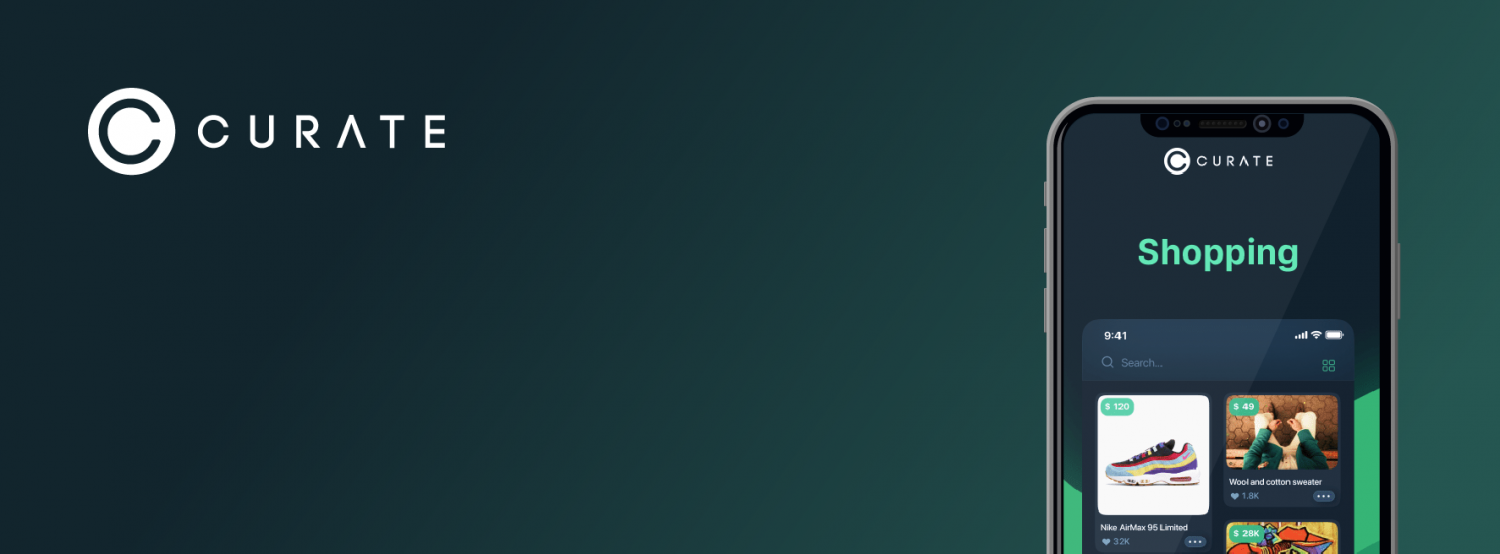
It is human nature to question the need for a change while at the same time demanding a change. In some areas, it is usually said that "change is inevitable" and any new innovation is accepted as being a better alternative without much thought. Then there are marketplaces like eBay or Amazon which are believed to be the ultimate solution.
While it can not be argued that online marketplaces have added irreplaceable value to the lives of billions by exposing them to a digital ecosystem, at the same time, they have gained a significant influence too. Even imagining a life without eBay or Amazon has become impossible. Life existed before these marketplaces too but the ease of carrying out business and activities has made it impossible to go back.
Traditionally, if people needed to buy or sell any product, they would go to a market and find suitable counterparties. This mostly included a lot of travel, communication skills, bargaining skills, establishing trust with the other person, finding that other person in the first place, and completing the payment in a trustful environment.
With online marketplaces, this hefty process reduced to being just a few clicks. However, it needs to be realized that nothing comes for free and the price for this comfort is not what a person can afford in a digital age.
The Need for Blockchain in Marketplaces
This is where Blockchain comes in.
At the root of every problem in this digital era is the central authority. In the case of online marketplaces, these central authorities have become even more prominent and this is why the integration of Blockchain in this sector is a natural fit.
Blockchain is a distributed ledger technology that provides a peer-to-peer network. This means that Blockchain removes the central authority by connecting the buyer and seller directly.
A platform is still needed for people to interact on, but what Blockchain aims to eradicate is the friction.
Essentially, the difference between a traditional marketplace and a Blockchain-based marketplace can be realized through the following characteristics:
1. Central Dependency
What if eBay decides to shut down its services tomorrow? Or what if Amazon decides to charge a 10% fee on everything that is bought on it? The point here is not "will they really do this?" but that they have the power to do it. As a central authority, they can leverage the people's dependence on their platform in any way they want.
However, Blockchain distributes this power among the people and instills a sense of responsibility among its members. This allows the network to be fair and transparent.
2. Data Privacy
When it comes to data, even a small chunk can be dangerous if leaked. Therefore, the consequences of getting data leaked from a marketplace are unimaginable. But the thing is, this data leakage is already happening. Data related to personal information, likes and dislikes, behavior during a festival, and the time spent on such sites, is saved on a cloud server where it is available to the marketplace owners.
In the case of a Blockchain-based marketplace, this data is available to the client and its integrity is maintained by sharing its hash with other participants on the network. This is more of a technical topic to understand but at a very high level, Blockchain allows the data to be shared among every participant on the network to ensure its authenticity without exposing this data.
3. Manipulation
Manipulation is the most significant characteristic of all. The random ads seen on social media pages or the random customized offers on marketplace pages are proof of data manipulation. Based on an individual's activities and interests, this data is processed through multiple algorithms and then used to manipulate us by showing what we desire. This also includes fake reviews.
This is how marketplaces have survived till now.
However, a marketplace that runs on top of a Blockchain platform removes even the slightest possibility of data being used for manipulation. On Blockchain, every user owns their personal data. Any activity on this data will be recorded on the Blockchain's immutable ledger. Without the owner's authentication, their data is not accessible to any other person.
Conclusion
The characteristics mentioned above are just the tip of the iceberg. Apart from these, there is a plethora of possible exploitation of data that a normal user can never be aware of. With the mainstream adoption of digitalization, it becomes a crucial task to ensure the integrity and accountability of a marketplace. Blockchain-based applications such as Curate, providing authentic reviews and products are the step towards a safe digital future.
Marketplaces are not the problem, centralisation is.
Decentralized marketplaces like Curate need to become the new normal in order for people to experience true digitalization.
The unfaltering company secretary services in Hong Kong include keeping an eye on the rising issues to ensure the proper functioning of the business. The corporate secretary should draw attention to the concerns of the company heads.
* This is a contributed article and this content does not necessarily represent the views of techtimes.com








